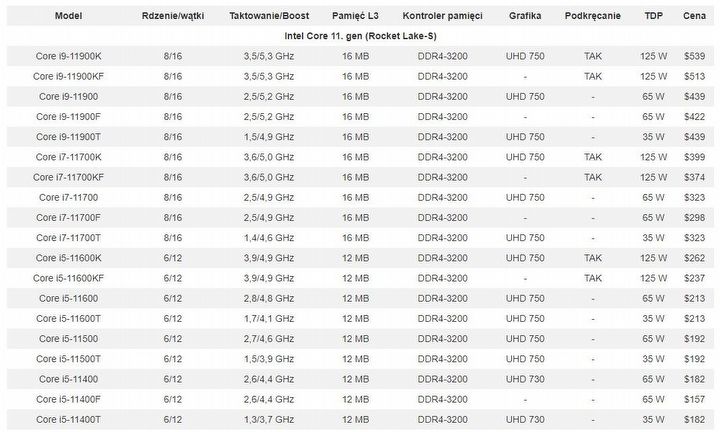First Reviews: Rocket Lake-S - With Good Performance Comes Great Power Consumption
Benchmarks of the new desktop CPUs from Intel - the so-called Rocket Lake-S line - have appeared in the web. How does Intel's 11th-gen perform under fire?
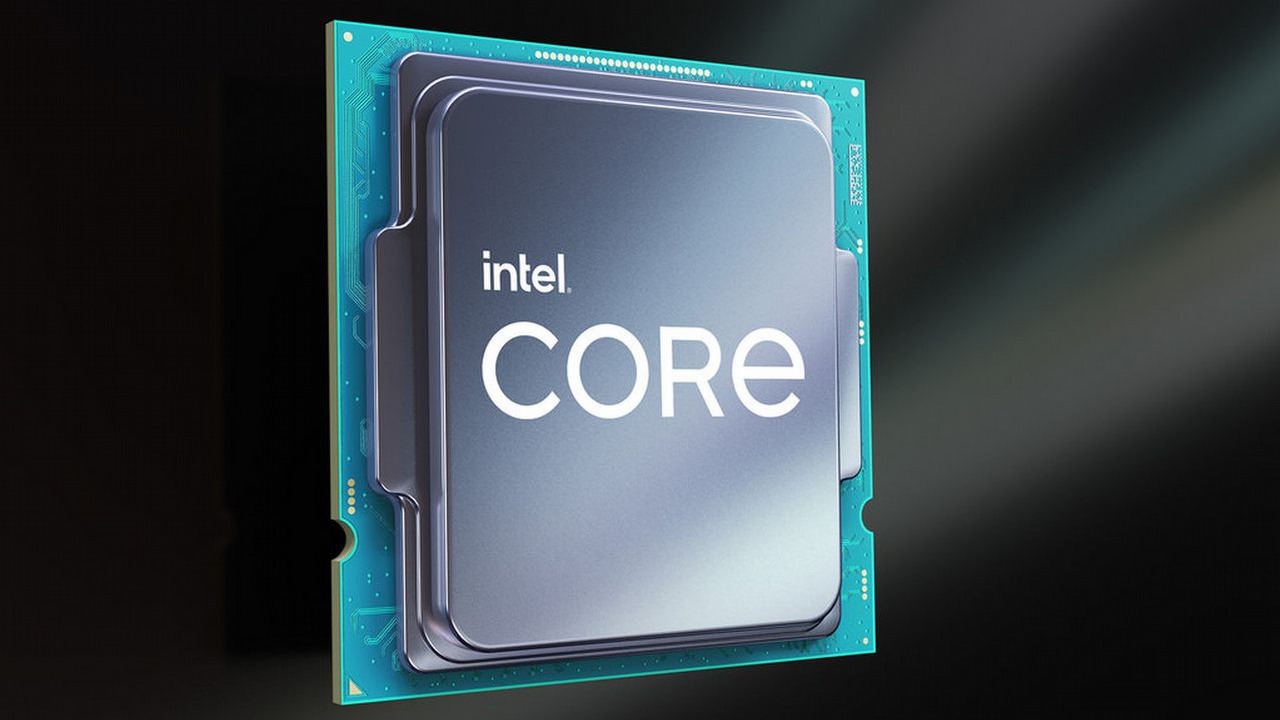
PRICES OF SELECTED INTEL ROCKET LAKE-S PROCESSORS:
- Intel Core i5-11600K - around 1100-1200 PLN;
- Intel Core i7-11700K - about 2000-2100 PLN;
- Intel Core i9-11900K - about 2800-2900 PLN.
Reviews of the latest processors from Intel, belonging to the so-called Rocket Lake-S line, have appeared in the network. Units are supposed to be an alternative to the Ryzen 5000 series created by AMD. Are Intel CPUs worth attention? Or is it better to reach for the proposals of the competition? Here's what the experts think about this topic.
Core i9-11900K benchmarks
Guru 3D
"It truly is impressive from Intel to retrieve this level of performance at a proc fabbed at 14nm, but that positive also is negative, as the same 14nm fabrication brings challenges in heat and energy efficiency, sometimes at controversial levels depending on your motherboard configuration. (...) Clock-for-clock [at similar clock rates - editorial note] AMD with ZEN3 has better IPC, though, but Intel has faster and longer-lasting high clock frequencies en energy usage levels, and that's the tradeoff between the two brands. Each of the architectures will show advantages and disadvantages."
Rocket Lake overall is Intel's best-performing consumer CPU. Still, the competition tries to overshadow every move that Intel makes, and for you as a consumer, that is fantastic news as you get something to choose from. In the end, we feel the Core i9 11900K is a seriously fast and competitive processor; make no mistake about that. Whether it's enough to make a substantial difference, we can't say with certainty, as pricing is also something you need to weigh in. AMD's counterpart 5800X processor has an MSRP of 449 USD. Currently, we feel that RKL has been priced a notch too high, at 539 USD (MSRP) for the flagship 8-core part that is," reads the review of the i7-11900K.
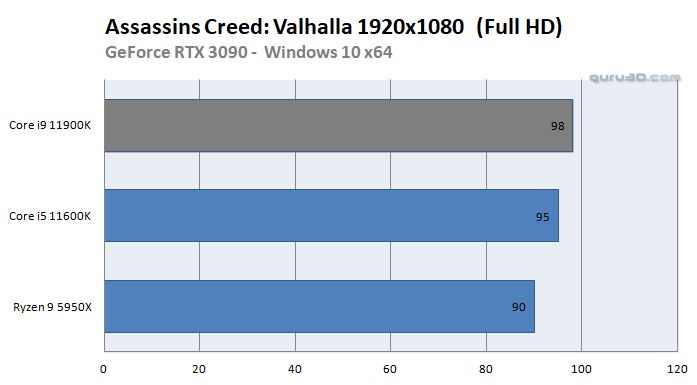
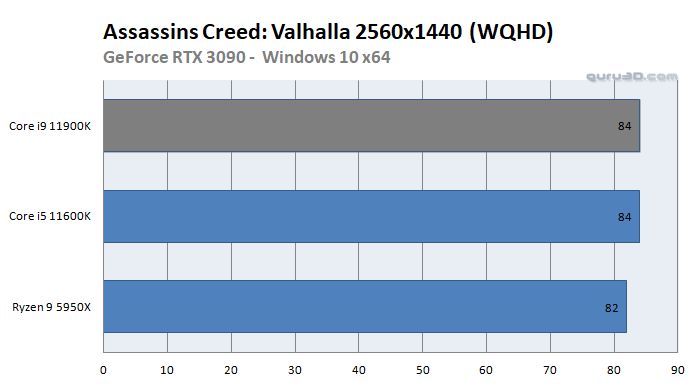
Wccftech
"Last year, I called the Core i9-10900K the fastest processor for gaming but that has since been displaced by the Ryzen 9 5900X and the Ryzen 7 5800X, both of which offer absolutely fantastic performance in games, even when using the fastest graphics card from NVIDIA, the GeForce RTX 3090. The Intel Core i9-11900K tries to gain some ground in the gaming segment, offering a few wins for the blue team in select titles but that comes at the cost of a much higher power draw and higher temperatures. It is surprising to see that the 8 core Core i9-11900K breaks the 400W power limit with Adaptive boost technology while the 10 core Core i9-10900K was sitting just slightly under 400W.
(...) Overall, Intel's Rocket Lake Core i9-11900K could've been better if it was priced right but at over $500 US, it makes zero sense to get the chip over the Ryzen 5000 CPUs (if available) or the i9-10850K. The blue team would've been better if they'd just skipped the Rocket Lake lineup as a whole and put more effort in its Alder Lake lineup which is also confirmed for launch in Q3 2021. By the time Alder Lake starts showing up in news, the Rocket Lake lineup would hardly be missed," reads the review of the i9-11900K.
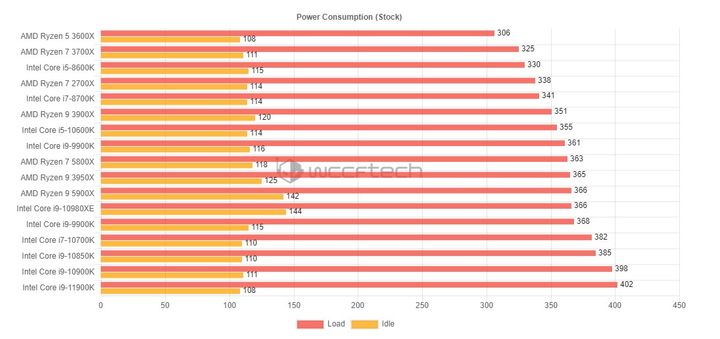
A successful counterattack?
For gamers, the most important takeaway from the reviews of Intel's 11th-gen Core processors is that they perform decently against the Ryzen 5000 chips. Gaming performance is superior to the Comet Lake-S lineup - the Rocket Lake-S units match or even beat the AMD models they compete with. A lot depends on what titles we are going to play, because there is no clear advantage here (those times are long gone). It is also worth noting that Intel does better in the mid-range segment - top units like the i9-11900K are much harder to recommend than the cheaper i5-11600K.
Unfortunately, the performance of Rocket Lake-S is paid for with huge power consumption and problematic heat levels - consequences of Intel's continuous "life-support" of the tireless 14 nm lithography, which should have gone to its well-deserved retirement a few years age. The performance in non-gaming applications is mediocre; in this category AMD delivers one knockout blow after another to Intel's new Core processors. Also here Intel fares better in the mid-range segment, where AMD does not have an advantage in the number of cores (both i5-11600K and Ryzen 5600X are 6-core designs).
Prices also vary. The top-of-the-line i9-11900K theoretically costs a bit more than the competing AMD chip - theoretically, because due to availability issues the most efficient Ryzen 5000 are currently much more expensive, so it also compares favorably with AMD CPUs. However, Intel's advantage in this regard is mainly due to the unhealthy situation in the market and it is difficult to say how long it will last.
0
Latest News
- 12 million players are celebrating, but not everyone will get a gift. ARC Raiders devs give away pickaxes and bans
- Cyberpunk 2077 creator explains why male V suddenly disappeared from ads
- Court sides with GTA 6 devs. Former Rockstar Games employees suffer a painful blow in their fight for money
- 2 Xbox Game Pass games. Star Wars: Outlaws comes with a newly released zombie apocalypse simulator
- „Bloodborne is a special game for me.” Dark Souls father's honest declaration is painful and hopeless, but true
